The Real Digital Divide Afflicting American Politics
Rather than creating a community, the internet and social media have divided and disengaged us and set our politics adrift.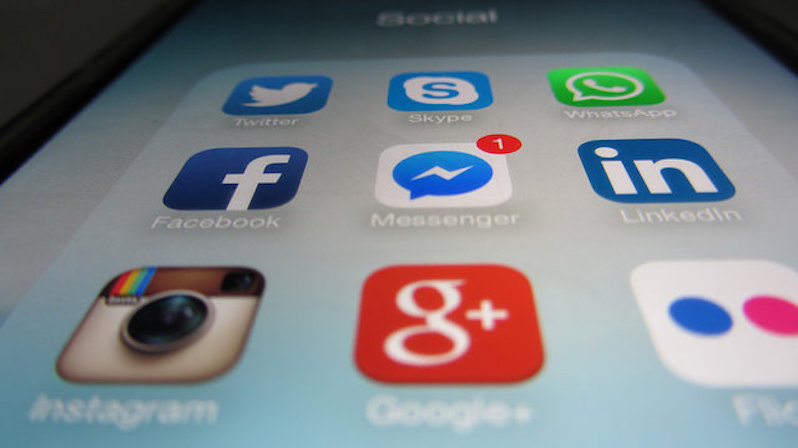 Christiaan Colen / Flickr
1
2
Christiaan Colen / Flickr
1
2
This is not the way adherents of the internet and social media put it. For them, Facebook, Twitter, Snapchat, Instagram and all the other apps are ways of connecting, not separating. If so, there seems to be very little evidence of it in our political life, other than those aggrieved clusters I mentioned finding one another. An article by Columbia professor Edward Mendelsohn in the current New York Review of Books, not about the Internet and politics but about the Internet and connectivity, makes a similar argument. On the one hand, Mendelsohn recognizes the ways in which the digital age has made life “increasingly public, open, external, immediate and exposed.” On the other hand, this exposure comes at the expense of our deepest, most permanent sense of self. Amid the churnings of the digital world with its constant updates, selfies, and news bits focusing on externalities, we are becoming unmoored from the larger world and from our more authentic selves. We are virtual selves, created for public export.
Mendelsohn quotes Virginia Heffernan’s new book, “Magic and Loss: The Internet as Art,” in which she says the digital connectedness that is so prevalent on social media is “illusory.” When we use social media, it usually seems less a way of connecting to others than of celebrating ourselves, less a dialogue with others than a monologue about us: what we’re eating, who we’re seeing, where we’re shopping, ad nauseam. Social media have helped create an America in which there is not only very little national conversation, common experience, sense of community or even very much desire to cross the boundaries that divide us; they have helped create an America of 300 million separate entities, each chronicling its own individual activities. You don’t have to imagine what this does to our politics. You’re living it.
Under these circumstances, a healthy political system cannot really exist. I am not sure healthy individuals can either. Heffernan goes on to say that in this digital age of non-stop communication, “we’re all more alone than ever.” That may be the most profound and enduring effect of the media on our politics. We are now so divided we may not be able to unite; we are so divided we live within an aching metaphysical malaise of unconnectedness. We have more “friends” than ever, but feel more friendless.
Ours is an extremely discontented country today, and a seemingly discontented world, too. We usually chalk it up to economic stress, inequality, globalization, disempowerment — the usual suspects. But that media-induced malaise that afflicts us, may be the anxiety of loneliness at a time when not only we have lost one another, we’ve lost our sense of self, the one anchor that might root us in the storm. We are adrift — some from the digital world and some within that world — and so are our politics.
Your support matters…
SUPPORT TRUTHDIG
Independent journalism is under threat and overshadowed by heavily funded mainstream media.
You can help level the playing field. Become a member.
Your tax-deductible contribution keeps us digging beneath the headlines to give you thought-provoking, investigative reporting and analysis that unearths what's really happening- without compromise.
Give today to support our courageous, independent journalists.
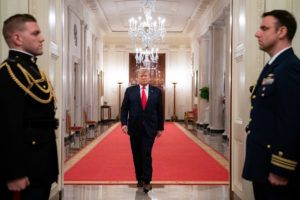
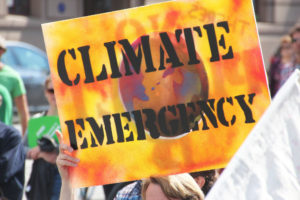
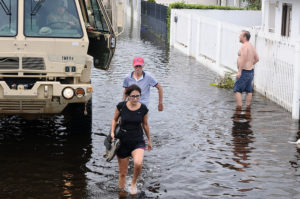
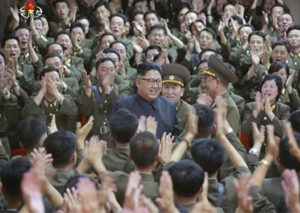
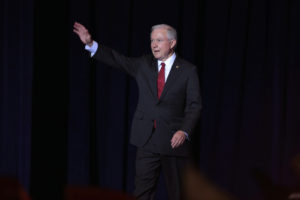
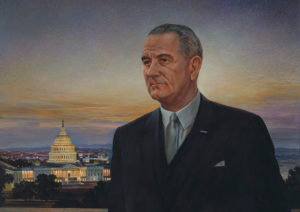
You need to be a supporter to comment.
There are currently no responses to this article.
Be the first to respond.